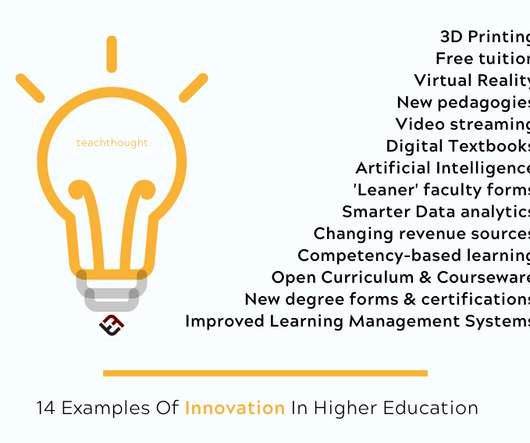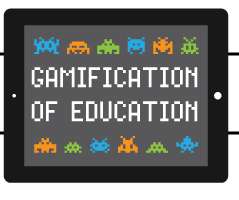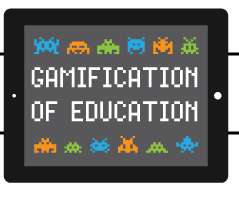Are SPOCs a better option for online education than MOOCs?
Neo LMS
APRIL 14, 2016
MOOCs: high aspirations and higher disappointments. The above idea is a noble one and massive open online courses, better known as MOOCs , are thought to be the solution to worldwide access to higher education. The online connectivity may not be a really important problem, but MOOCs faced a wall of other, more important issues.









































Let's personalize your content